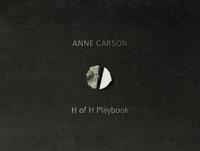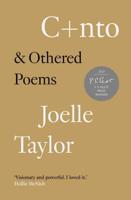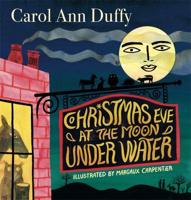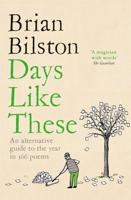Publisher's Synopsis
For Sophia de Mello Breyner, long regarded as among Portugal's major poets, poetry is a way of seeing and receiving life.
`Poetry,' she writes, `is an art of being. It does not require my time and labour. It does not ask me to have a science or an aesthetics or a theory. Instead it demands the entireness of my being, a consciousness running deeper than my intellect, a fidelity purer than any I can
control.'
Greece, as much as Portugal, informs the geography, mythology and vehement light of Breyner's work. Greece also informs her sense of the achieved lyric. Even in the poems which touch most closely on personal themes of love, loss and expectation, the language remains our common language, without affectation or coy eccentricity. `Each verse is dense, taut like a bow, and exactly stated, because each day was dense, taut like a bow, and exactly lived. The equilibrium between words is the equilibrium between moments.' Her pursuit of right words and a right world is one and the same.










